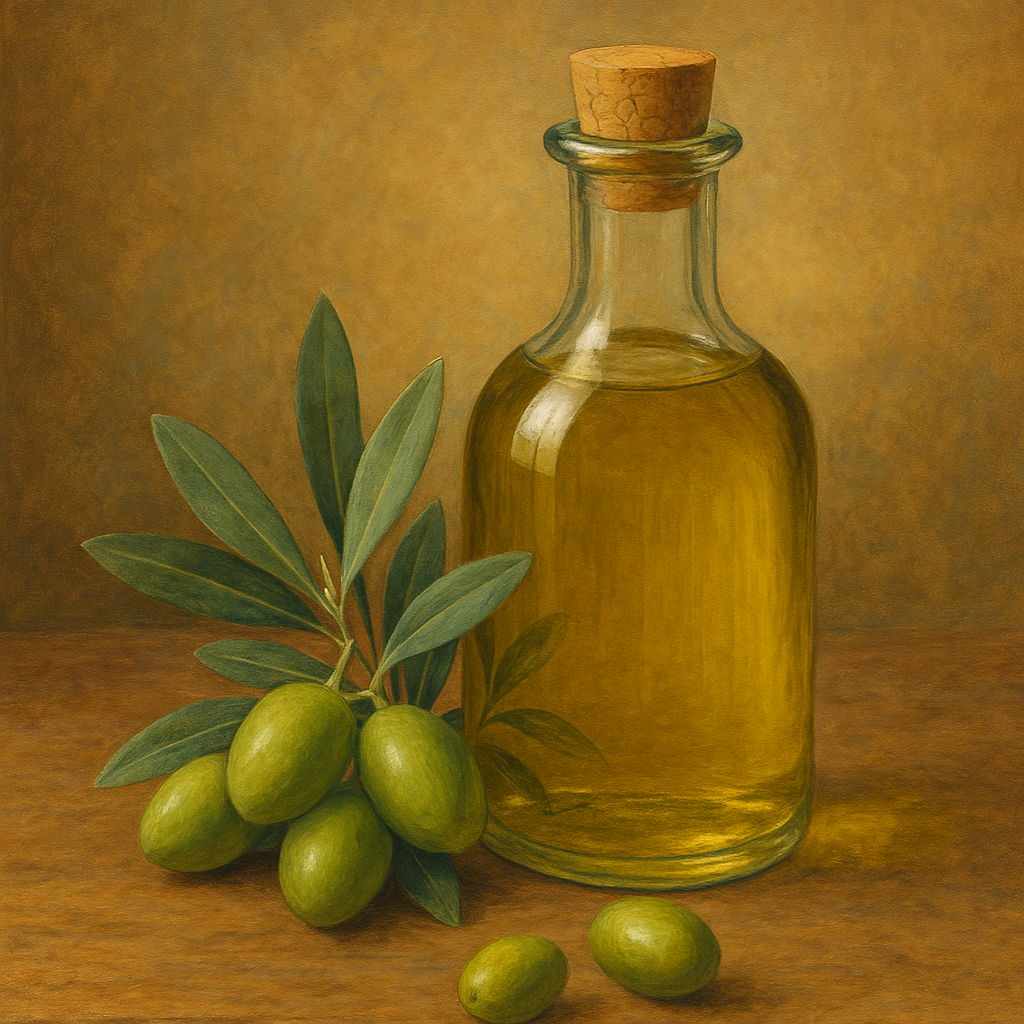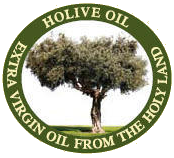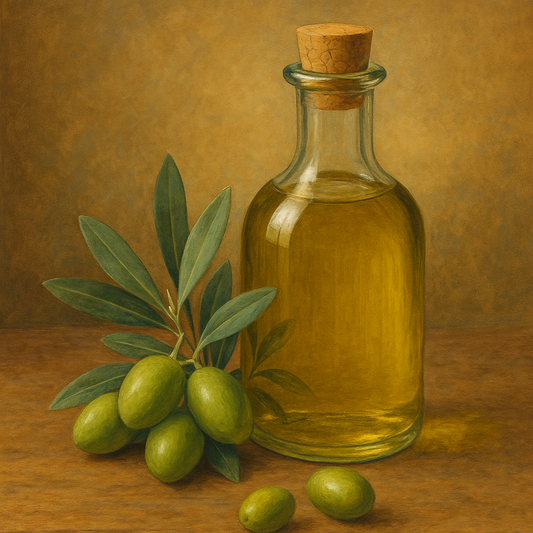
The Truth About Olive Oil: Why Choosing Pure, Authentic Israeli EVOO Makes All the Difference
Share
Olive oil has long been celebrated as a cornerstone of healthy living, often touted for its heart-healthy fats, antioxidants, and anti-inflammatory properties. Whether used for cooking, drizzling over salads, or dipping with bread, it's one of the most versatile and beneficial oils you can include in your diet. But with so many options on the market, how can you be sure your olive oil is truly the healthy, high-quality oil you think it is?
The truth is, not all olive oils are created equal, and what’s really inside that bottle at the supermarket may surprise you. The olive oil industry is a multi-billion-dollar business, and unfortunately, not every producer prioritizes quality over profit. In this post, we’ll uncover the truth behind olive oil, how to identify real, high-quality EVOO, and why knowing the source of your olive oil matters for your health.
1. What Makes Olive Oil Healthy?
Olive oil is a health powerhouse, packed with monounsaturated fats, antioxidants, and anti-inflammatory properties that are widely known to support heart health, manage weight, and reduce the risk of chronic diseases. The Mediterranean diet, which places a strong emphasis on olive oil, has long been praised for its benefits in promoting longevity and reducing disease risk.
Extra virgin olive oil (EVOO) is the highest quality, as it’s cold-pressed, retaining its beneficial properties. It’s rich in phenolic compounds, which have been shown to protect against heart disease, lower inflammation, and even support brain health.
For olive oil to deliver these benefits, however, it must be of the highest quality. Unfortunately, in the modern market, many bottles labeled "olive oil" or "pure olive oil" may not live up to these health claims, as they could be diluted with cheaper oils or processed in a way that diminishes their nutritional value.
2. The Olive Oil Industry: A Multi-Billion Dollar Business
As the demand for olive oil increases globally, so does the opportunity for fraud. In fact, some reports suggest that as much as 80% of olive oil on the market could be adulterated or mislabeled. While consumers believe they’re purchasing premium olive oil, what’s really inside the bottle may be far from the quality they expect.
Brands often use misleading terms like “pure” or “light” olive oil, which are not related to quality. In fact, these oils are often refined and may not offer the same health benefits as extra virgin olive oil. Additionally, cheaper oils, such as sunflower or soybean oil, are sometimes added to stretch the product and cut costs.
A major issue is that olive oil fraud can go unnoticed by a consumer that hasn't experience the taste and scent of the real thing, especially when manufacturers use chemical processes to make the oil look and taste fresher than it is.
3. What’s Really in Your Bottle?
The term "extra virgin" is supposed to guarantee that the olive oil is made from the first cold press of fresh, healthy olives. But due to the lack of strict regulation and oversight, many so-called "extra virgin" olive oils on the market do not meet the standards they claim.
Some brands may mix low-quality oils with extra virgin to increase profit margins, and others may use damaged or overripe olives, which lead to inferior oil that lacks the robust flavor and health benefits of true EVOO. Studies and investigations have even shown that some widely available brands fall short of their “extra virgin” labeling.
4. How to Spot Real, High-Quality Olive Oil
So, how can you be sure that the olive oil you’re buying is the real deal?
Understanding Labels: Look for terms like "cold-pressed" or "first cold press," on the label. These indicate that the oil has been made without the use of heat or chemicals, preserving its health benefits.
Taste Test: Authentic EVOO should taste wonderful. Depending on the type of olives it is made from it will have a subtle or strong peppery aftertaste with a slight bitterness. If it’s bland or lacks flavor, it might not be genuine extra virgin olive oil.
Sniff Test: Excellent EVOO smells fresh and lovely. Take a whiff. It's fresh, grassy, and slightly fruity, with hints of green leaves and herbs. Depending on the olive variety you may get a hint of freshly cut grass, artichokes, almonds, or ripe tomatoes. High-quality EVOO will have a clean, aroma that reflects the freshness of the olives from which it was pressed. You might also detect a slight peppery, pungent finish — a sign of the oil's antioxidant-rich content.
Freshness: Buy from small producers, and consider purchasing oils that are harvested and bottled within the last year. Freshness is key to enjoying olive oil’s full health benefits.
Some regions with a long history of olive cultivation, like those in the Mediterranean, have earned reputations for producing oils with a uniquely rich taste and healthful properties. This includes Israel, which has a deep-rooted tradition of producing high-quality EVOO, offering oils that are rich in flavor and packed with the health benefits you expect.
5. Why You Should Care About the Quality of Your Olive Oil
When you choose low-quality olive oil, you risk consuming oils that lack the beneficial properties of true EVOO. Cheap, processed oils may contain fewer antioxidants and could be loaded with unhealthy fats that negate the health benefits you’re seeking.
Additionally, lower-quality olive oils can affect the taste of your dishes. Fresh, high-quality EVOO adds a unique depth of flavor, whether used in salad dressings, drizzled over vegetables, meat or fish, or as a dip for bread.
By choosing authentic, high-quality oils, you’re not only enhancing the taste of your meals but also nourishing your body with healthy, heart-boosting fats and antioxidants. Authentic EVOO, especially from regions known for their quality production like Israel, has a purity and richness that truly elevates your cooking and your health.
6. The Benefits of Choosing Real, Authentic Olive Oil
Choosing authentic, high-quality olive oil brings with it a wealth of health benefits, from improved heart health to enhanced skin and anti-inflammatory properties. The best oils are naturally packed with polyphenols and antioxidants, which help protect against oxidative stress and fight off chronic diseases like heart disease and diabetes.
Beyond the health benefits, buying quality olive oil also means supporting ethical farming practices. Producers in regions with a longstanding history of olive cultivation, such as Israel, use a combination of traditional and modern farming techniques to honor the land and produce the finest oil possible.
Bottom line
The olive oil market is flooded with products that promise health benefits but often fall short of the mark. By being mindful of what’s in your bottle and how your olive oil is produced, you can ensure that you’re truly benefiting from the superfood power of EVOO.
When you choose high-quality olive oil from regions with a commitment to purity and sustainability, like Israel, you’re not just nourishing your body — you’re supporting a tradition of excellence in olive oil production. Whether you're drizzling it on your salad or using it in your cooking, investing in the right olive oil will enhance both your meals and your health.



